Pakistan’s Defence Minister Khawaja Muhammad Asif has held some of the country’s most critical portfolios, in a political career that has spanned more than three decades.
Yet, in recent years, the veteran politician has become increasingly known not just for his longevity in office but for a string of controversial remarks, public missteps and diplomatic embarrassments.
From awkward international interviews to contentious statements on terrorism and war, Asif has drawn both domestic criticism and global attention.
Operation Sindoor & the CNN interview
Khawaja Asif became the subject of widespread ridicule following his appearance on CNN in the wake of the Indian Air Force’s strikes on terror infrastructure in Pakistan and Pakistan-occupied Kashmir under Operation Sindoor.
During the interview, he was pressed on Pakistan’s claim that it had successfully shot down five Indian fighter jets — a statement that has been attributed as fake and has been widely questioned due to the absence of credible evidence.
When CNN’s Becky Anderson asked, “Pakistan claims it shot down five Indian Air Force jets. India says there is no evidence of that, no proof. Can you provide more detail? Let’s start with this very specific claim of five fighter jets shot down. Where’s the evidence for that, sir?”
Asif responded: “It’s all over social media. On Indian social media, not on our social media,”
“The debris of these jets fell… and it’s all over Indian media.”
Anderson cut him off mid-sentence, replying, “You’re the defence minister, sir. The reason to talk to you today, sir, is not to talk about content all over social media. I’m sorry.”
CNN: What evidence do you have that you shot down five Indian fighter jets?
— Sahil Chandio 🇵🇰 (@sahil_chandio1) May 7, 2025
Khawaja Asif: It’s all over social media. We found out from social media that we downed five jets. Social media is our proof.
CNN: Sir, you’re the Defence Minister… and your proof is social media? 🤦🏻♂️ pic.twitter.com/him14ST4Za
This exchange, which quickly went viral online, triggered a flood of criticism, particularly on X (formerly Twitter).
Viewers mocked his reliance on unverified social media content as evidence, with one user writing, “He basically said, trust me bro,” while another commented, “This is the defence minister’s statement? Pakistan is not a serious country.”
Pakistan’s role in supporting terrorist groups
In another high-profile moment, Asif made headlines again, this time in an interview with Sky News, where he acknowledged Pakistan’s historical involvement in training and financing extremist organisations on behalf of Western powers during the Cold War and beyond.
When Sky’s Yalda Hakim said, “You do admit, sir, that Pakistan has had a long history of backing and supporting and training and funding these terrorist organisations,”
Asif replied candidly: “Well, we have been doing this dirty work for the United States for about three decades, you know, and the West, including Britain.”
“That was a mistake, and we suffered from that, and that is why you are saying this to me. If we had not joined the war against the Soviet Union and later on the war after 9/11, Pakistan’s track record… was an unimpeachable track record.”
Pak Defense Minister Khawaja Asif admits to doing 'Dirty Work' (aiding, funding, arming, and supporting terrorism) for west, he claims, for 3 decades.
— sidsatsin63 (@sidsatsin63) May 1, 2025
On SKY News with Yalda Hakim pic.twitter.com/TfOS0HRFI4
Asif also added that militants who are today designated terrorists were previously welcomed in Western capitals: “When we were fighting the war on their side way back in the 80s against the Soviet Union, all these terrorists of today, they were wining and dining in Washington.
And then came the 9/11 attacks. Again, the same situation was repeated. I think our governments then made a mistake.”
His remarks were interpreted as a rare admission by a Pakistani government official regarding Islamabad’s past links to terror networks, and reignited debates over Pakistan’s current security policies.
Contradictory statements on terror links and escalation
Asif’s statements following the Pahalgam terrorist attack — where 26 civilians, mostly tourists, were killed in Kashmir — also stirred controversy.
When asked about Pakistan’s alleged role in the incident and the existence of militant outfits like Lashkar-e-Taiba (LeT) and its proxy group The Resistance Front (TRF), which claimed responsibility for the attack, Asif responded, “Lashkar-e-Taiba doesn’t exist in Pakistan anymore. It is extinct. It is extinct… if the parent organisation does not exist, how can the offshoot take birth here?”
He also said that while Pakistan hoped to avoid conflict, it would not remain passive if provoked by India: “We will measure our response to whatever is initiated by India, according to that. It would be a measured response. If there is an all-out attack or something like that, then obviously there will be an all-out war.”
In an earlier interview with Bloomberg, Asif appeared to strike a more conciliatory note, stating that Pakistan did not desire a military confrontation and was open to de-escalation. Speaking in the aftermath of the Indian strikes, he said: “If India is ready to back down, they have taken the initiative, we have just responded. We have been saying all along, for the last fortnight, that we will never initiate anything hostile against India.”
“We will definitely wrap up these things, if India backs down.” While advocating restraint, Asif simultaneously underlined that any Indian offensive would be met with a “prepared” response.
A political veteran with a controversial record
Khawaja Muhammad Asif’s political journey began in 1991, when he was elected to the Senate of Pakistan. Over the years, he has occupied several top cabinet positions under various governments.
His current term as defence minister began in April 2022 under the government of Shehbaz Sharif, and he was also appointed as Aviation Minister in March 2024.
He represents the Pakistan Muslim League-Nawaz (PML-N) and was re-elected as a Member of the National Assembly from Sialkot in the 2024 general elections.
Over his political career, Asif has served in the following key roles:
Minister for Water and Power (2013–2017)
Minister for Defence (2013–2017, and again from 2022 onwards)
Minister for Foreign Affairs (2017–2018)
Minister for Petroleum and Natural Resources (briefly in 2008)
Minister for Sports (briefly in 2008)
Chairman of the Privatisation Commission (1997–1999)
He also served as Parliamentary Leader for the PML-N in the National Assembly after May 2019, returning to that role following the 2024 elections.
Born in Sialkot in 1949, Asif hails from a Punjabi family of Kashmiri descent. He attended Cadet College Hasan Abdal and later obtained a Bachelor’s degree from Government College University, Lahore, followed by an LLB from University Law College, Lahore.
He also earned a Master’s degree in Economics from the London School of Economics in 1975.
Before fully entering politics, Asif worked in the banking sector in the United Arab Emirates. He returned to Pakistan in 1991 after his father, Khawaja Muhammad Safdar, a prominent politician, passed away.
His political career has also faced legal challenges. In 2012, a petition claimed Asif held dual nationality, which would disqualify him from public office under Pakistan’s Constitution. The Supreme Court later cleared him after the petitioner withdrew the case.
In 2018, the Islamabad High Court disqualified him for possessing a UAE work permit, leading to his unseating by the Election Commission. However, the Supreme Court of Pakistan overturned the ruling and allowed him to contest elections again.
In December 2020, Asif was arrested by the National Accountability Bureau (NAB) in connection with an assets beyond means case, though he was released on bail in June 2021.
Asif’s public image also suffered after July 2023, when he made derogatory comments against female politicians from the opposition Pakistan Tehreek-e-Insaf (PTI), describing them as “trash and leftovers.”
Khawaja asif refusing to apologise on his misogynist remarks, by saying "Women believe in gender equality so they should face these filthy remarks like men do".
— bonky.chonky (@bonkichonky) July 27, 2023
-passed remarks
-closed victims clinics
-doubles down on his statement pic.twitter.com/bLAFb8oONp
His remarks drew fierce backlash from women’s rights groups and political commentators, reinforcing perceptions of sexism in Pakistan’s political culture.
Also Watch:
With inputs from agencies


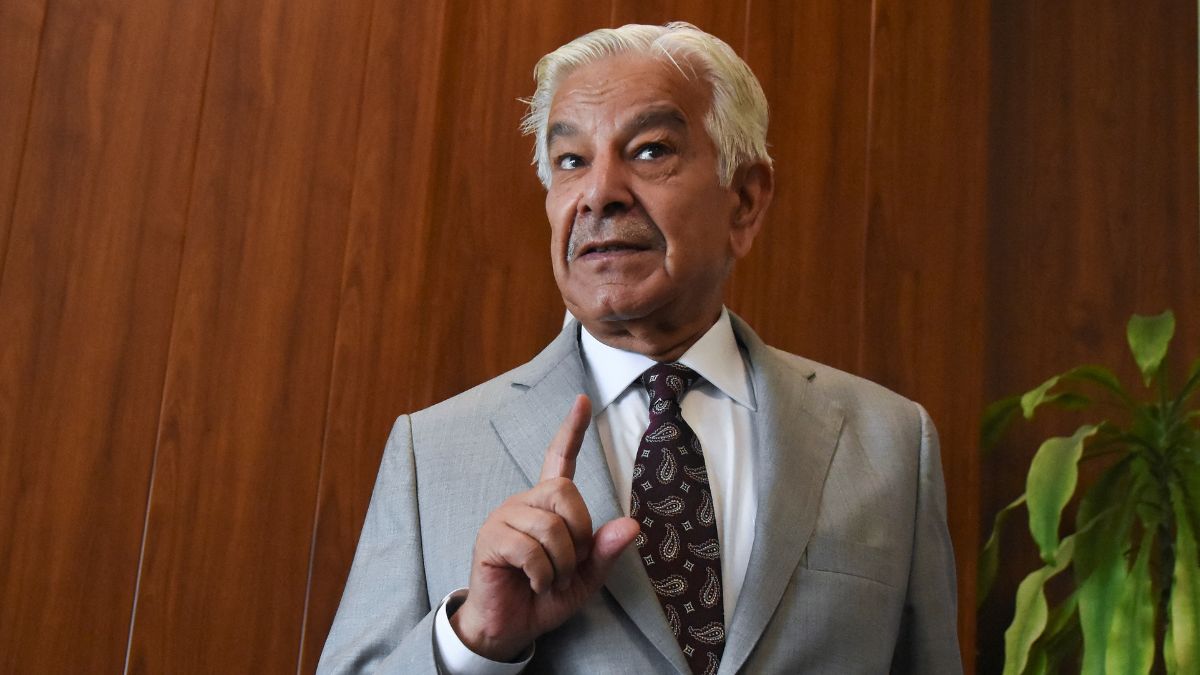)
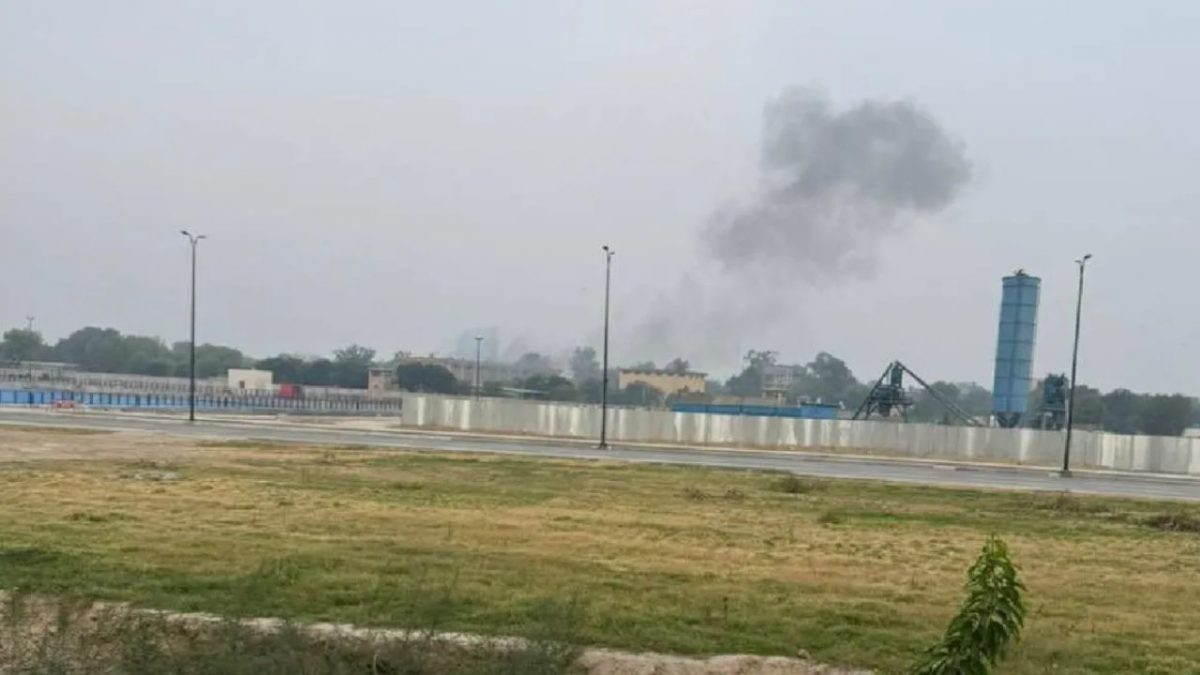)
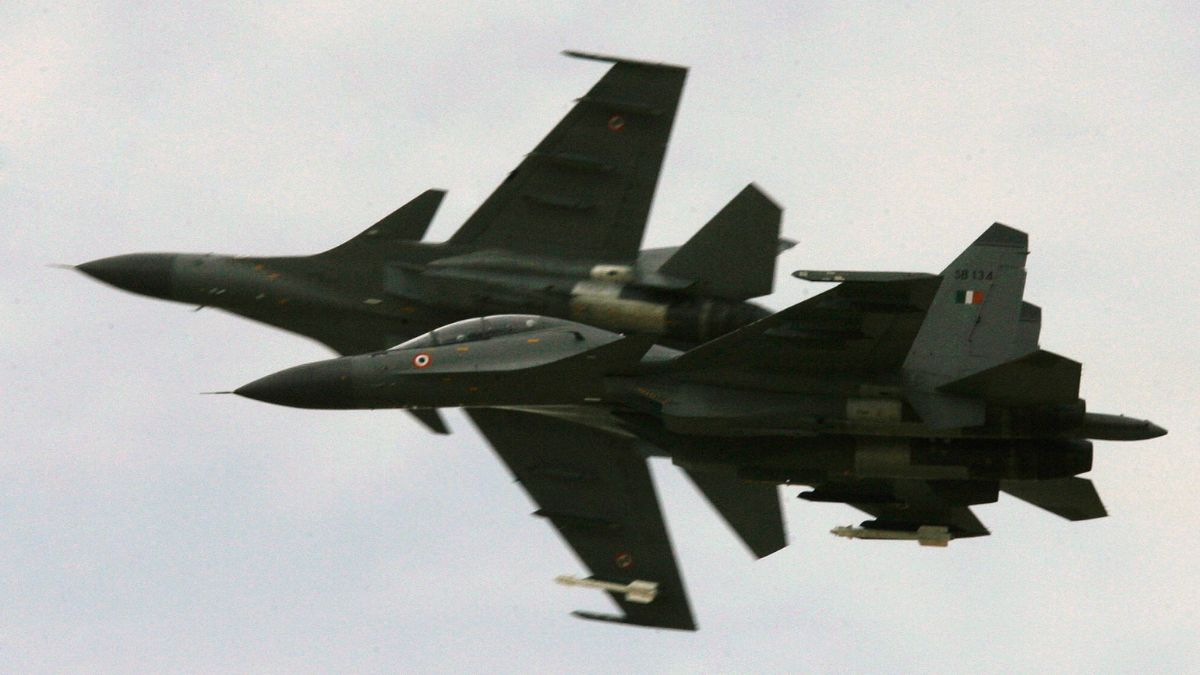)
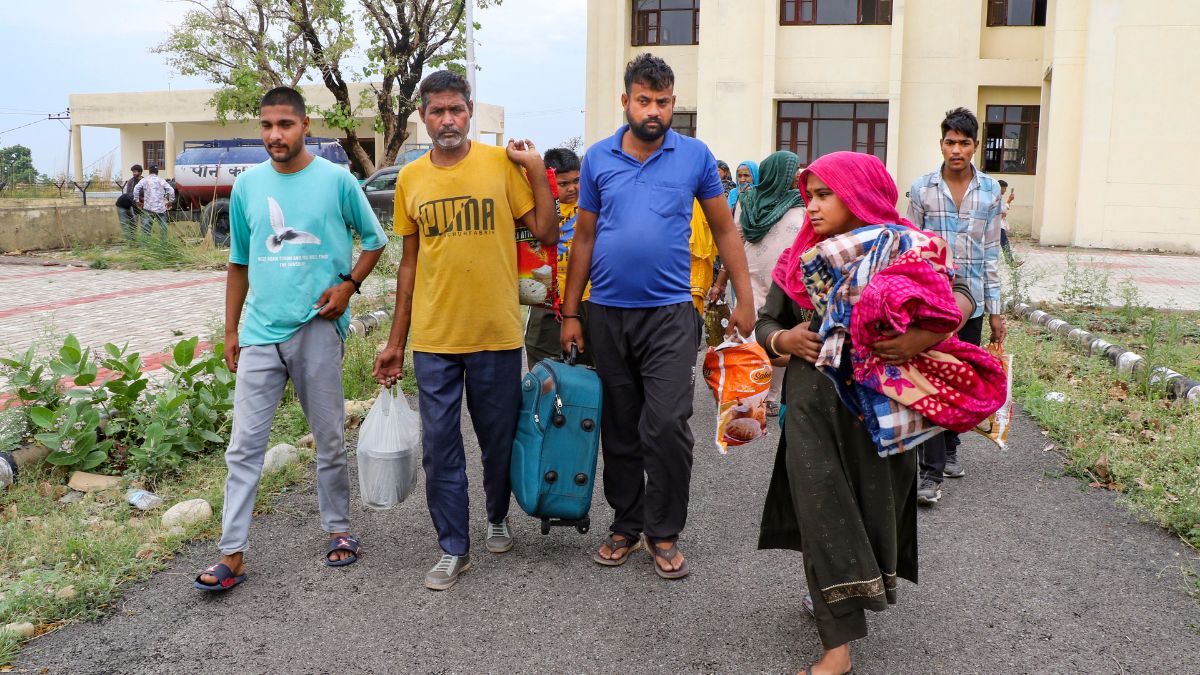)
)
)
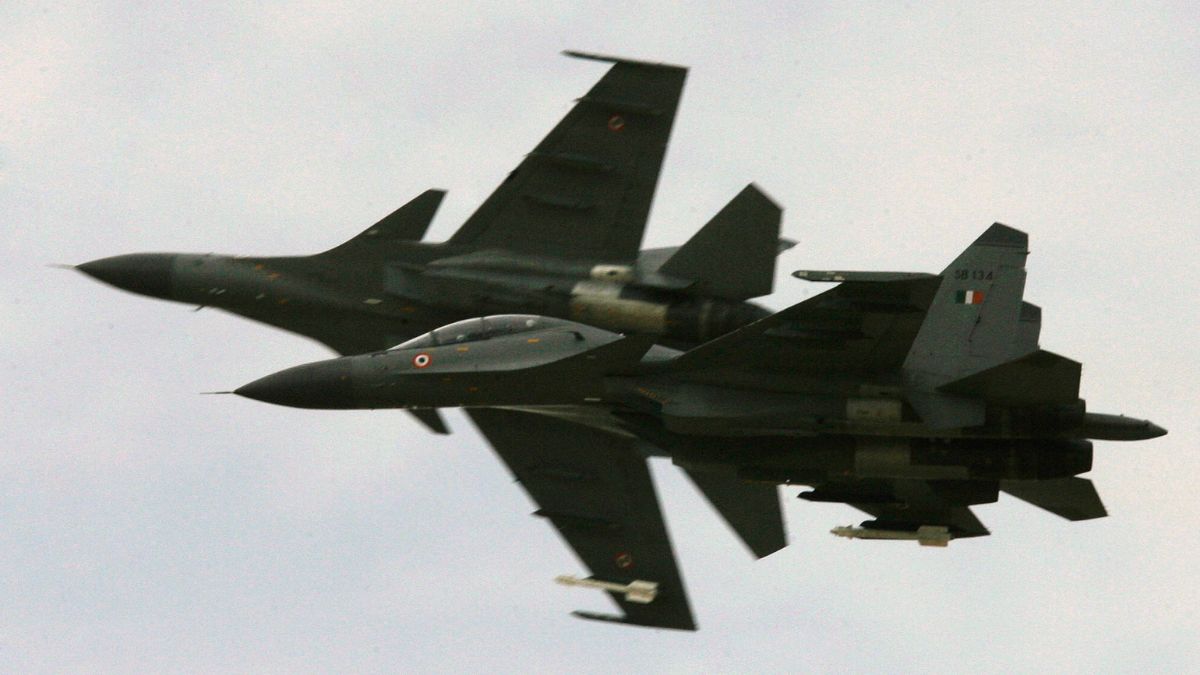)
)
)